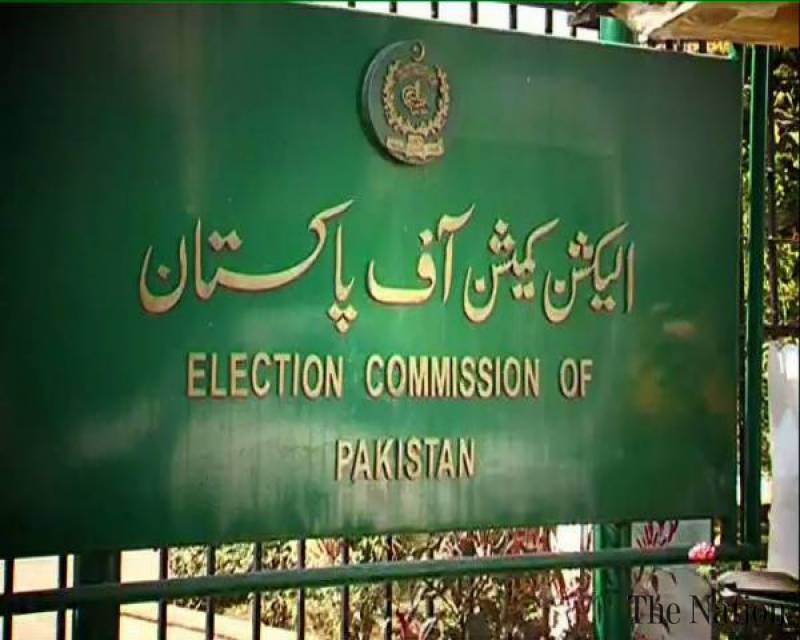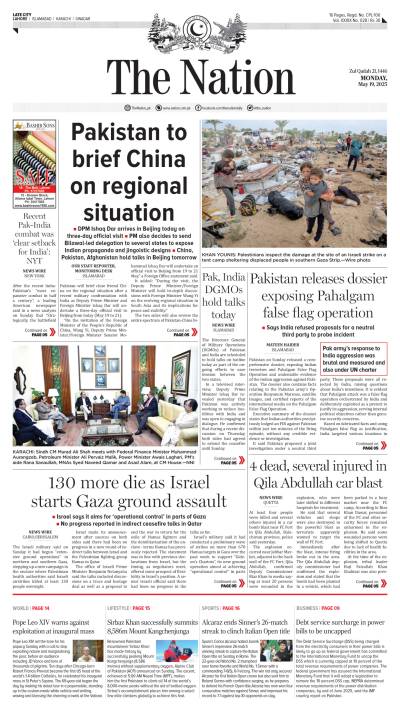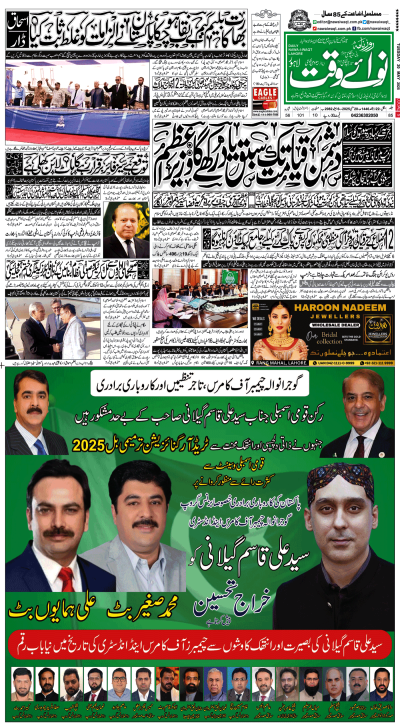Although allegations of rigging made their customary appearance in the recent by-elections, the focus has been on compliance – or noncompliance – with the Election Commission of Pakistan (ECP) Code of Conduct. The debate over excessive election spending is already heating up, and now the Supreme Court has restored the rule in the ECP Code of Conduct which bars the prime minister, chief minister, ministers, MNAs and MPAs, and other elected officials to participate in election campaigns of their colleagues. Crucially, the rule – which had been challenged in the Lahore High Court (LHC) – has been restored two days after the election took place. Had it been valid during the election, the vast majority of campaigning done would have been illegal.
Three crucial points stand out. Firstly, why despite the Supreme Court’s earlier judgment, the LHC felt the need to suspend the ECP’s rules again? It is clearly contempt of court, where the Supreme Court bench even asked the ECP’s consul to file such charges, which he declined to do out of constitutional concerns. The LHC’s disobedience allowed everyone, from Nawaz Sharif to Imran Khan to campaign for the election – PML-N being the obvious beneficiary since it won the election. This is not the first time the LHC has departed from the orders of the Supreme Court and struck its own path, which more often than not favors the ruling party in the province – coincidence? Regardless of a wider, and more sinister, policy at play here, the contempt in this case is obvious, and must be dealt with appropriately.
Secondly, now that the rule has been restored, will the ECP take retrospective action against the parties? Considering its lethargy in investigation excessive spending claims it is highly unlikely that it will take the initiative to implement its Code of Conduct, especially when the offence was technically committed when the rule was in abeyance. The ECP may prefer to not rock the boat, but at some point it needs to set a strong and positive precedent; electoral law is behind flouted with impunity and all it can do is stand and watch.
Finally, the logic behind the rule must be questioned too. Barring representatives that hold important positions in the government from campaigning makes sense, since the can use their influence and resources to unduly sway the voters. The same cannot be said for simple elected representatives. Candidates for general elections can call on their colleges to bolster their chances, why should by election candidates be treated differently. The ECP needs to clarify this issue, and implement it in the next elections.






